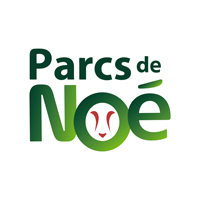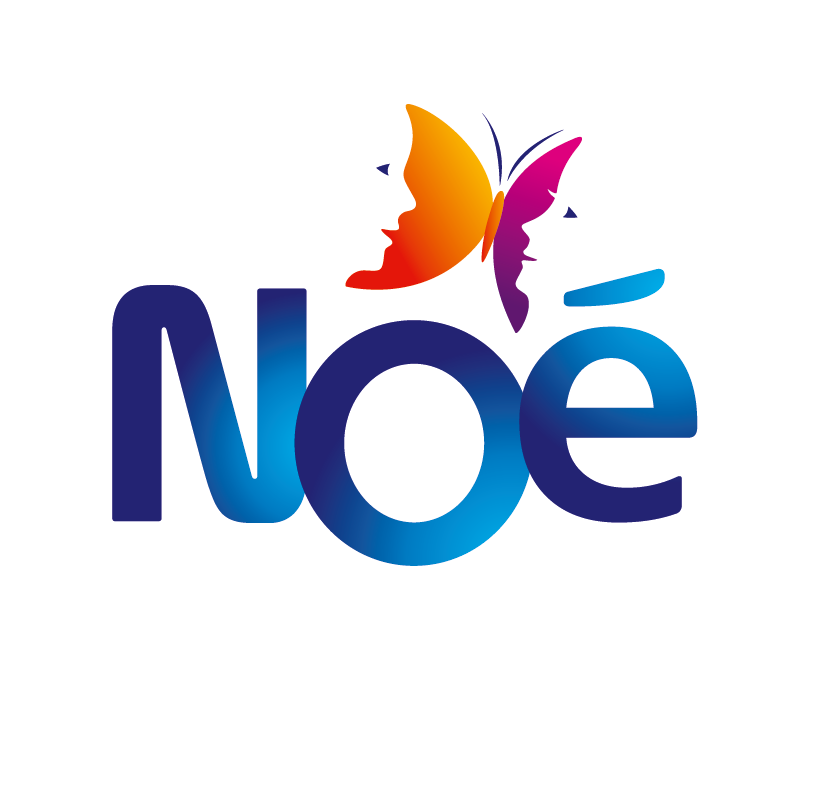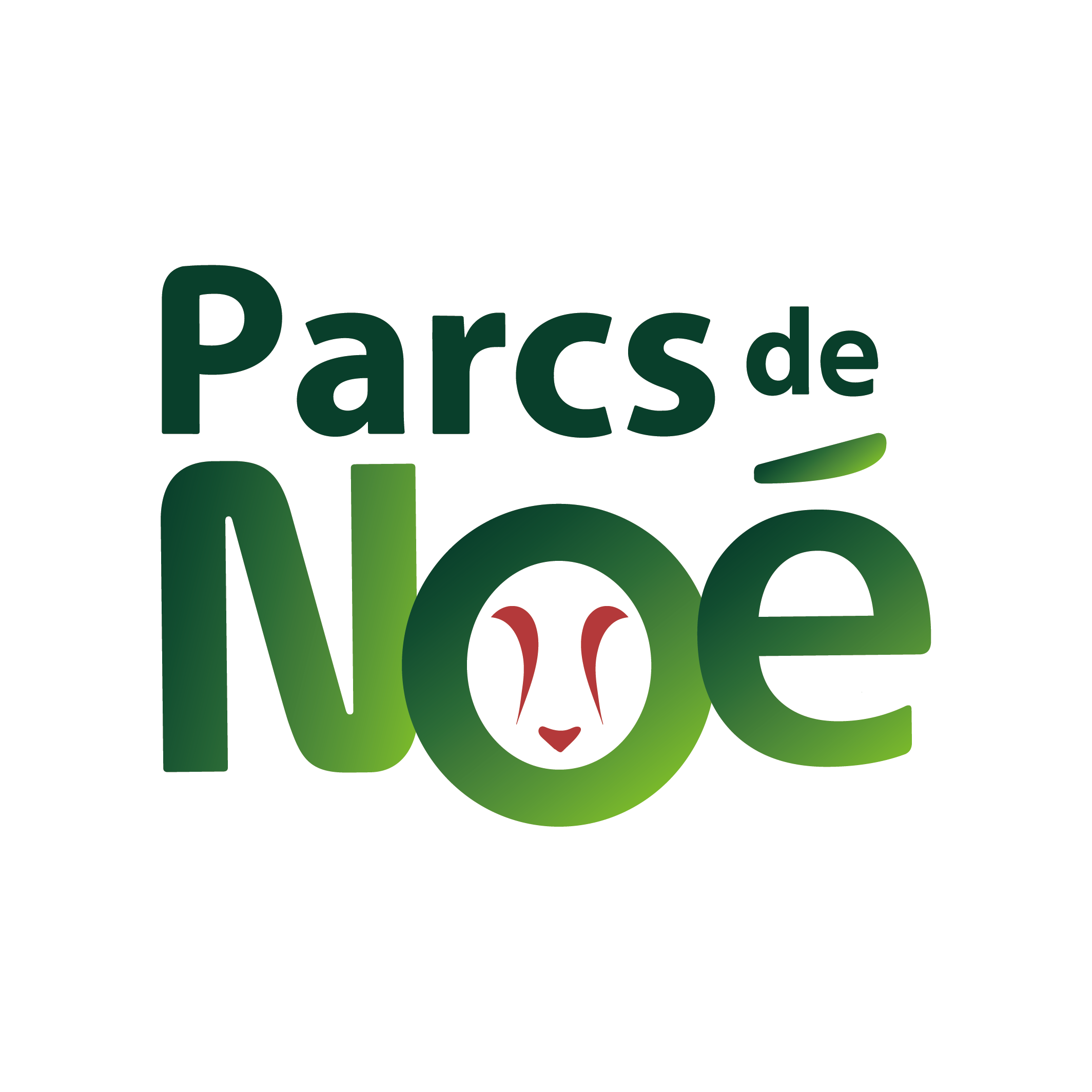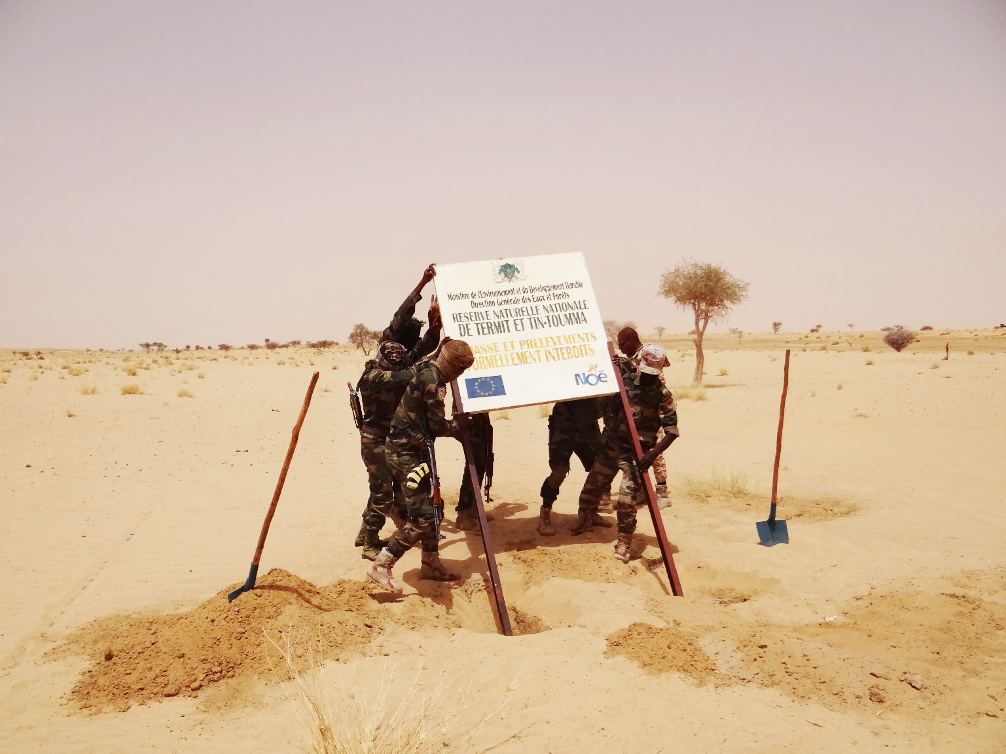
Parcs de Noé’s DNA
Noé is a nature conservation NGO, created in France in 2001 by Arnaud Greth, a passionate wildlife biologist and veterinarian. Noé’s DNA is characterized by its commitment to save biodiversity, its focus on action on the ground, its results-based culture and the search for constructive solutions.
Over the years, Noé has developed a variety of conservation programs in France and internationally, but has always kept a focus on protected area management. The success story of African Parks on delegated management in Africa has been a source of inspiration to Noé.
A meeting between Peter Fearnhead (CEO of African Parks) and Arnaud Greth in Zakouma National Park (Chad) in March 2017 was the start of a fruitful partnership between the 2 organizations. Noé agreed to adopt African Parks’s model, while African Parks accepted to mentor Noé technically and institutionally. In 2018 Noé created a special program dedicated to delegated protected areas management, called “Parcs de Noé”.
MILLION EUROS SECURED TODAY
Thanks especially to the French Development Agency (AFD) and the European Union (EU)
MILLIONS HECTARES OF LAND MANAGED
This includes, among other, the Termit and Tin-Toumma National Nature Reserve in Niger, one of the largest protected areas in Africa
STAFF
It is thanks to all these dedicated people in Europe and in Africa that Parcs de Noé can do what it does
Our mission
Parcs de Noé’s mission is to contribute to the sustainable management of protected areas in Africa through delegated management for biodiversity conservation, security and local development.
In the video on the right is an extensive explanation about Noé from its President Arnaud Greth.
how we reach our goals
If we can take full responsibility for the management of a Protected Area, we can attract long term funding and make sure international best practices are applied. This in turn makes it possible to ensure an effective management that guarantees sustainable use of natural resources, ecological integrity and stability. The measurable impact will be the increased biodiversity value of the Protected Area as well as the improved livelihoods of local communities which can be measured through annual protected area management evaluation (for instance the IMET method).
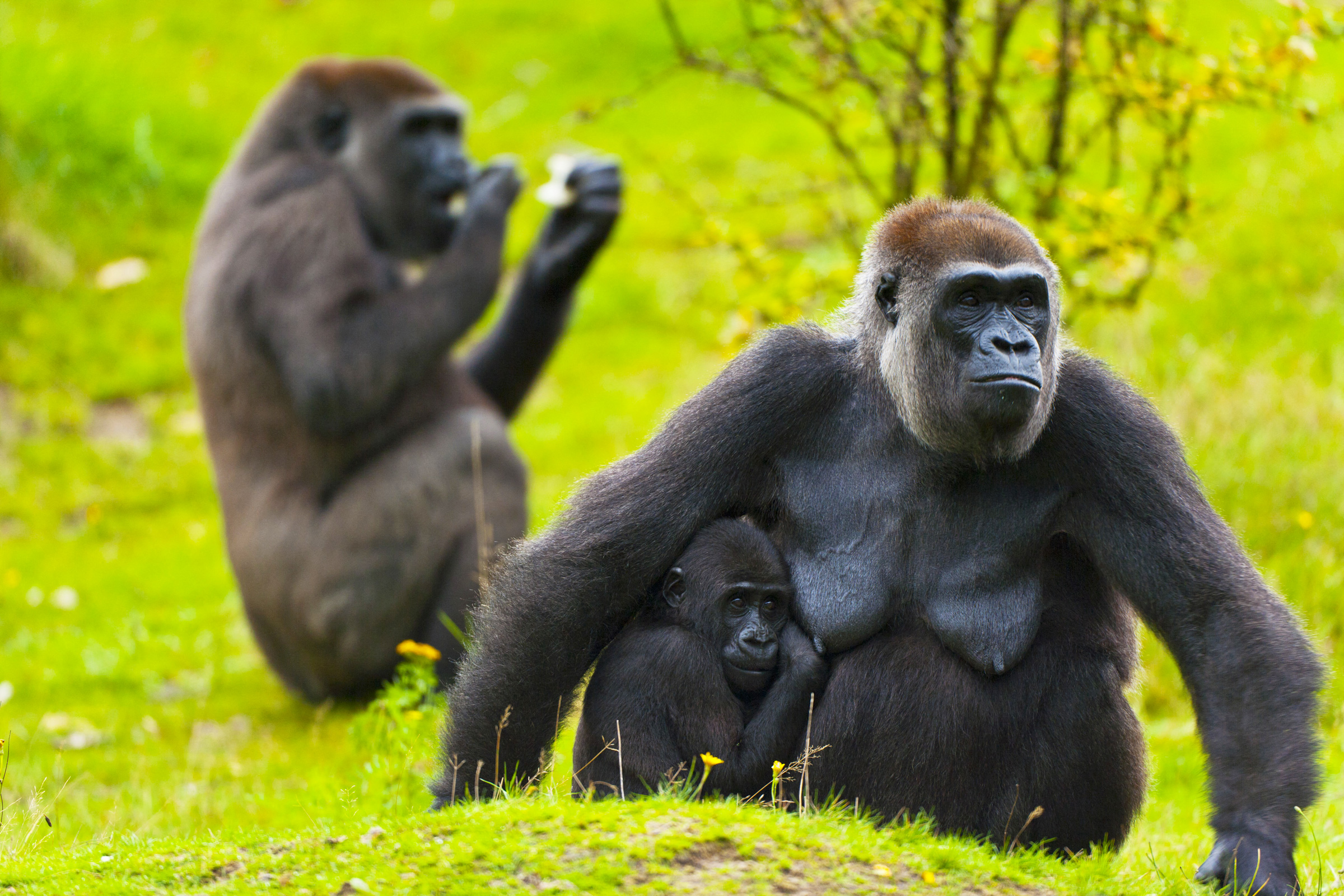
How it works
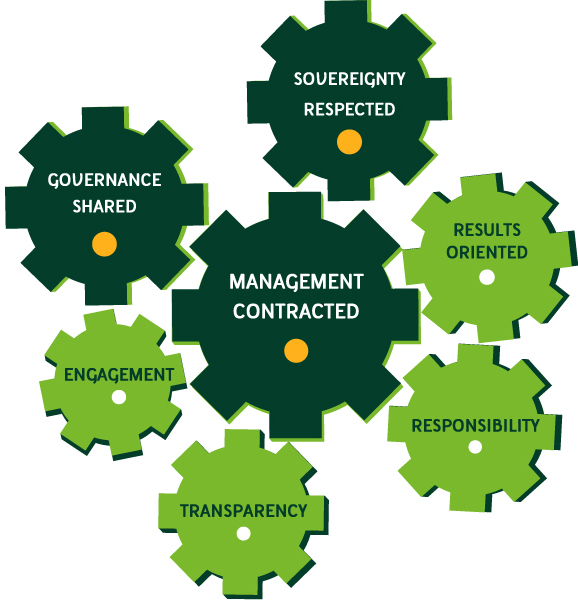
Engaging in delegated management means taking on full responsibility for PA Management, ensuring transparency towards the government, the donors and the park’s stakeholders, as well as guaranteeing results. This means that:
- Sovereignty is respected
- Governance is shared
- Management is contracted and effective
This is achieved through:
- Long-term agreements (about 20 years),
- A broad range of financial solutions (institutional, private, revenue generation)
- Good governance mechanisms (representing key stakeholders)
- The right park management (adapted to each park’s particularities)
This means that in each country, a Park Board is put into place (adjusted to the laws and regulations of each country) representing the government and Parcs de Noé.
A Steering Committee is subsequently formed, gathering strategic partners such as local authorities, financial partners and partners operating around the park (local communities, civil society, private sector, etc.).
The Park Management Unit, led by Parcs de Noé, oversees all park management operations.
The Park Management Unit implements the following five pillars encompassing a multitude of actions that lead to the restoration of protected areas, and ultimately their long-term sustainability: 1) Biodiversity conservation & Habitat Management, 2) Law Enforcement, 3) Community Development, 4) Revenue Generation, and 5) Management & Infrastructure
Technical, fundraising and administrative support is provided from Parcs de Noé headquarters in France, kept at a minimum to ensure that the majority of the resources can be attributed to the protected areas.
Ambitions for the future
While currently managing the three parks mentioned above so far, Parcs de Noé’s ambition for 2025 is to safeguard a representative part of Africa’s most important biomes totaling 10 million hectares. Looking at the surface cover and the carrying capacity of the different biomes in Africa, the aim will be to cover about 8 million hectares of desert biome, 1 million hectares of grasslands, savannas and shrublands, 0,5 million hectares of moist broadleaf forests and 0,5 million hectares of aquatic biome (marine and coastal), in at least 5 protected areas. This will entail an annual budget of around 10 million € and over 500 employees who will often be operating in remote areas with elevated security risks. Hence, unlocking long term funding, investing in well-equipped and qualified staff and ensuring adequate working conditions (infrastructure, communications) will be Parcs de Noé’s main focus in the near future in order to safeguard the world’s last intact places. If we can succeed in this work, it will not only benefit the species living in and around the protected areas, but also ensure that ecosystem services provide livelihoods for the human populations depending on them and mitigate global climate change.
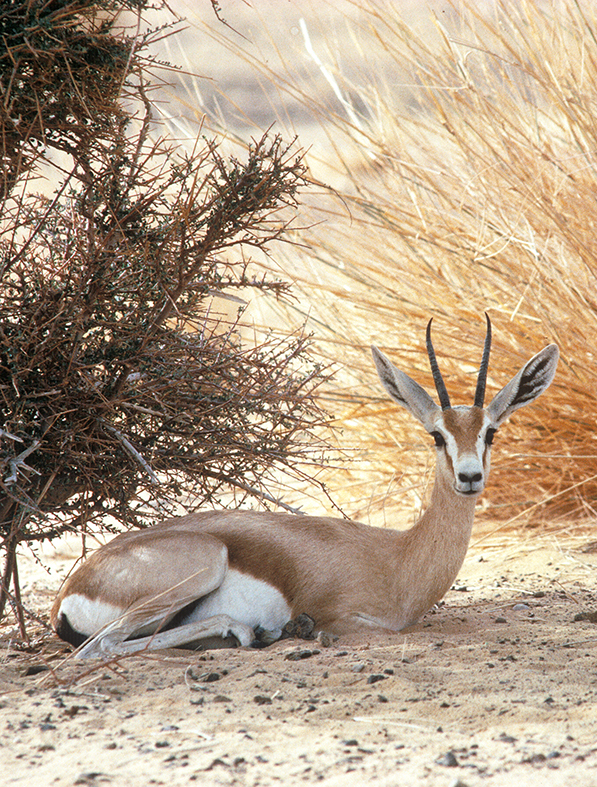
Our core team
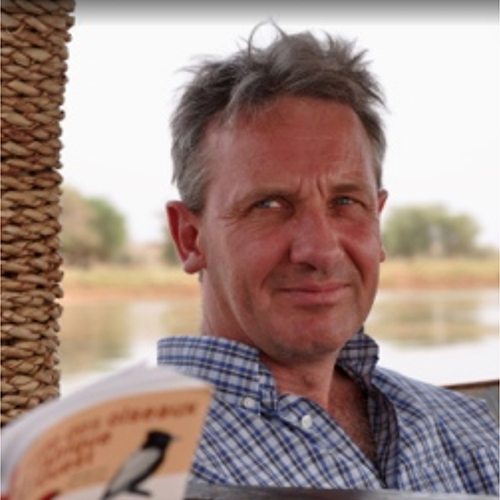
Arnaud Greth
founder & President of Noé
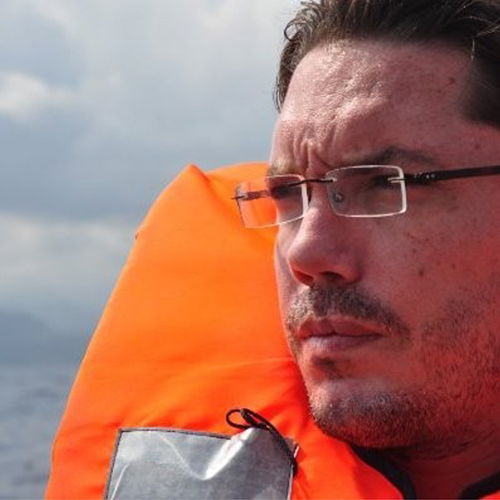
Romain Beville
Chad & Prospecting Management
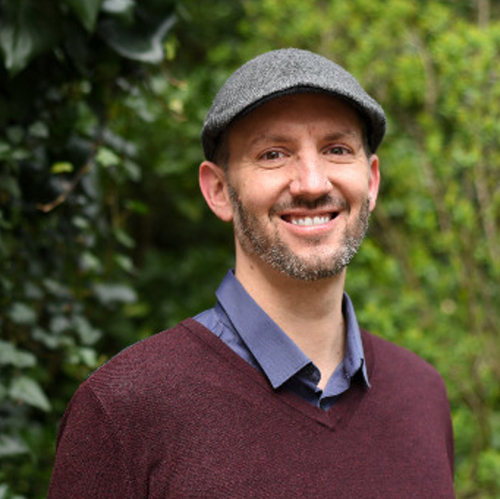
Sébastien Pinchon
Niger & Head of Operations
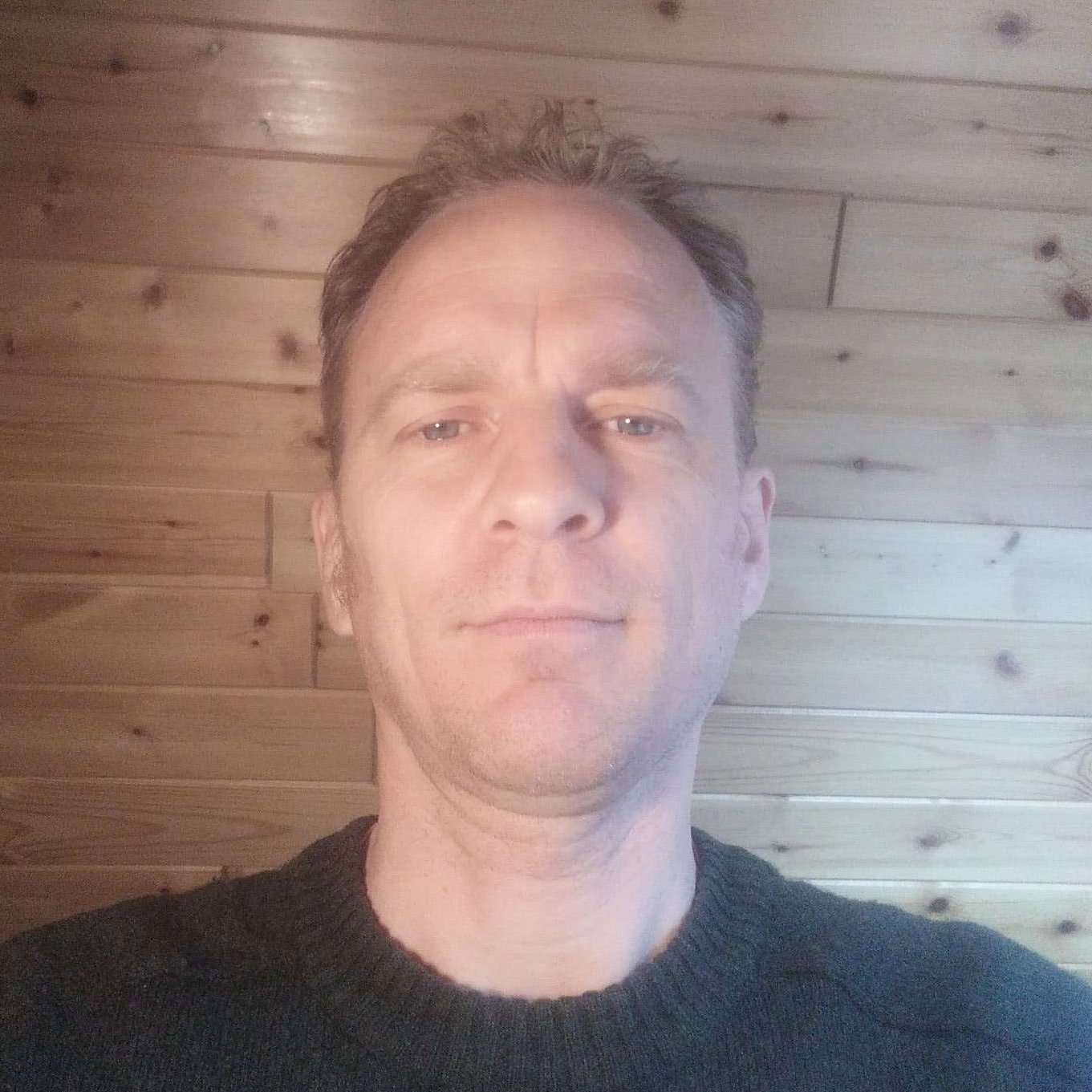
Bas Verhage
Congo & Fundraising
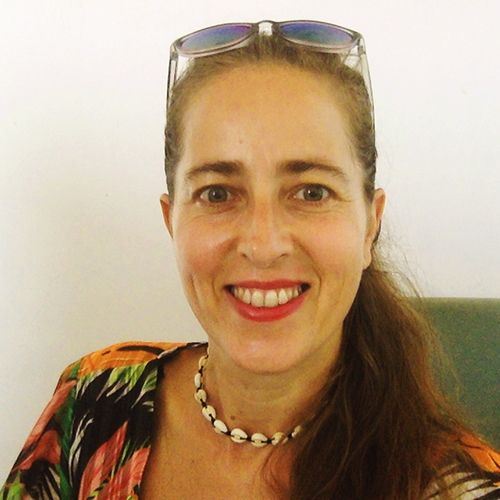
Valentine Caffè
Communication of Parcs de Noé
